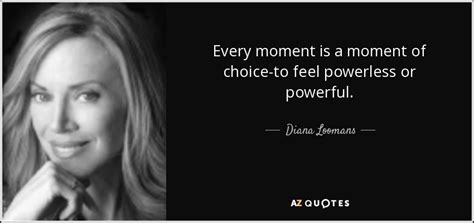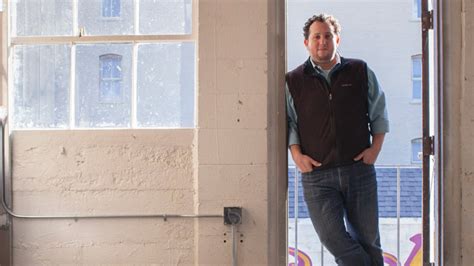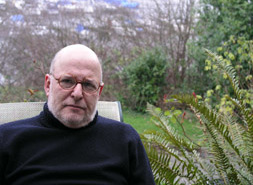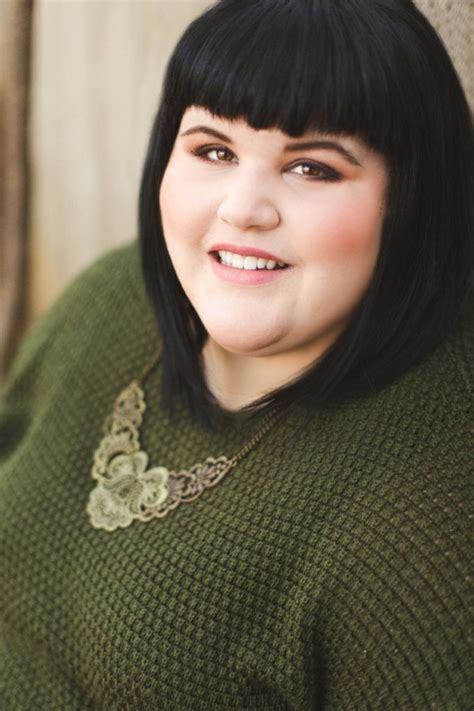A Quote by Robert Breault
If I had it to do again, I would less often judge myself and more often ask for a jury.
Related Quotes
If I had my child to raise all over again,I'd finger paint more, and point the finger less.I'd do less correcting, and more connecting.I'd take my eyes off my watch, and watch with my eyes.I would care to know less, and know to care more.I'd take more hikes and fly more kites.I'd stop playing serious, and seriously play.I'd run through more fields, and gaze at more stars.I'd do more hugging, and less tugging.I would be firm less often, and affirm much more.I'd build self esteem first, and the house later.I'd teach less about the love of power, and more about the power of love.
I often ask myself: "What would Theodore Roosevelt do?" One can never know, of course. The ultimate contribution of consequential leaders is often their capacity to reframe issues in novel ways. That said, his leadership engaged, at a foundational level, whether the American "national character" would accept decline and mediocrity, or would go all-in for leadership and excellence. Amid the myriad of otherwise disconnected issues before us, that choice is emerging yet again.
In the transfer society, the general public is not only poorer but also less contented, less autonomous, more rancorous, and more politicized. Individuals take part less often in voluntary community activities and more often in belligerent political contests. Genuine communities cannot breathe in the poisonous atmosphere of redistributional politics.
The more often we see the things around us - even the beautiful and wonderful things - the more they become invisible to us. That is why we often take for granted the beauty of this world: the flowers, the trees, the birds, the clouds - even those we love. Because we see things so often, we see them less and less.
You must ask for God's help. Even when you have done so, it may seem to you for a long time that no help, or less help than you need, is being given. Never mind. After each failure, ask forgiveness, pick yourself up, and try again. Very often what God first helps us towards is not the virtue itself but just this power of always trying again.
Jurors have found, again and again, and at critical moments, according to what is their sense of the rational and just. If their sense of justice has gone one way, and the case another, they have found "against the evidence," ... the English common law rests upon a bargain between the Law and the people: The jury box is where the people come into the court: The judge watches them and the people watch back. A jury is the place where the bargain is struck. The jury attends in judgment, not only upon the accused, but also upon the justice and the humanity of the Law.





































